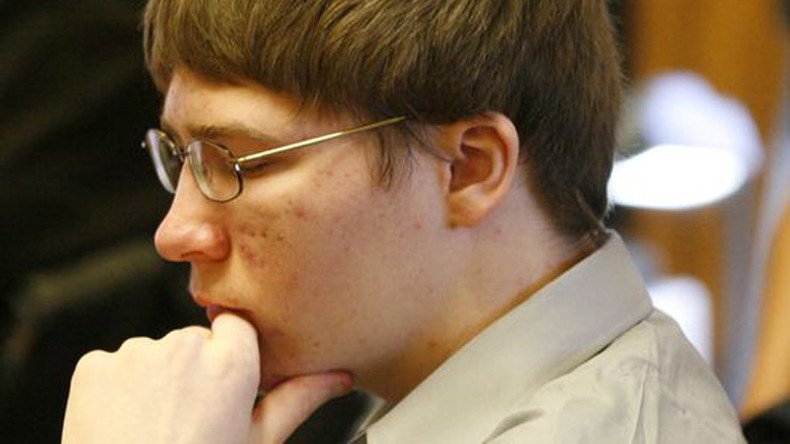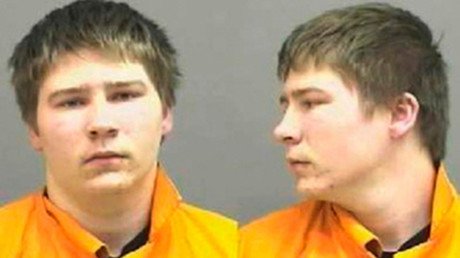‘Making a Murderer’: Brendan Dassey’s confession overturned as ‘involuntary’

A federal appeals court has ordered the release of Brendan Dassey, 27, who began serving a life sentence 10 years ago for murder. His confession to police, which was central to a Netflix documentary, was found to be coerced.
Along with his uncle Steven Avery, Dassey was convicted of the 2005 murder of Teresa Halbach. Millions of Americans were captivated when the murder, resultant investigations and subsequent trials were documented in the Netflix feature "Making a Murderer" last year.
On Thursday, a panel of the 7th US Circuit Court of Appeals voted 2-1 to uphold an August ruling from another federal judge, who had ordered that Dassey’s confession was improper and that he be released from prison.
Writing the 7th Circuit’s majority opinion was Judge William Duffin, who described the confession as “involuntary” based on several factors.
He then censured the Wisconsin state court which recognized Dassey’s confession and handed down the life sentence, saying, “we can have no confidence that it considered the totality of the circumstances at all.”
“There was no assessment of the cumulative nature of the interrogators’ promises, no assessment of the fact-feeding in light of Dassey’s limited intellectual capabilities,” wrote Duffin.
He continued, “No assessment of the absence of a friendly adult who could protect Dassey and advocate for his interests, no assessment of Dassey’s confusion in response to many questions, or his apparent desire to please the interrogators with his answers, no assessment of how his answers changed and why, and no assessment of his repeated statements that he expected that, in return for his statements, he would be ‘set free’ to return to school at the conclusion of the interrogation.”
The state of Wisconsin could appeal to the US Supreme Court or retry their case against Dassey.
The “Making a Murderer” documentary was among the most popular documentaries in 2016, but critics said it was too biased.
Avery has claimed that he was framed for the murder and rape of Halbach by the local police, out of revenge for Avery suing Manitowoc County over a wrongful conviction for sexual assault. Avery was behind bars for 18 years before DNA tests cleared his name.
Man freed after 17 years in prison after lookalike found https://t.co/TryFtd5TkQpic.twitter.com/GgP12RXdP8
— RT America (@RT_America) June 11, 2017













